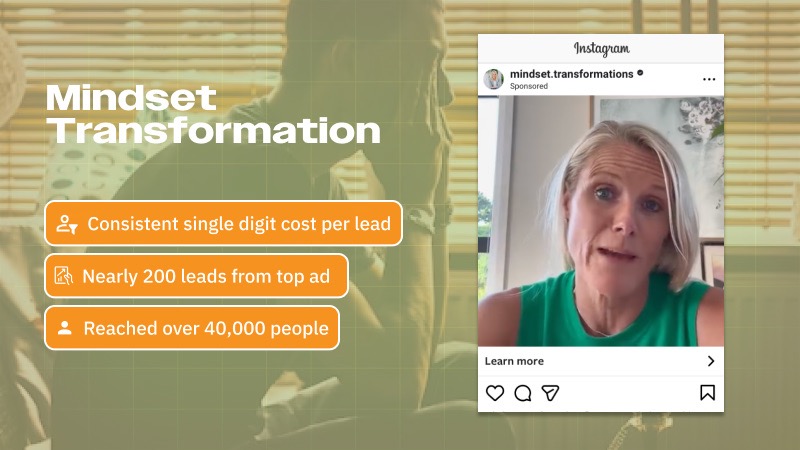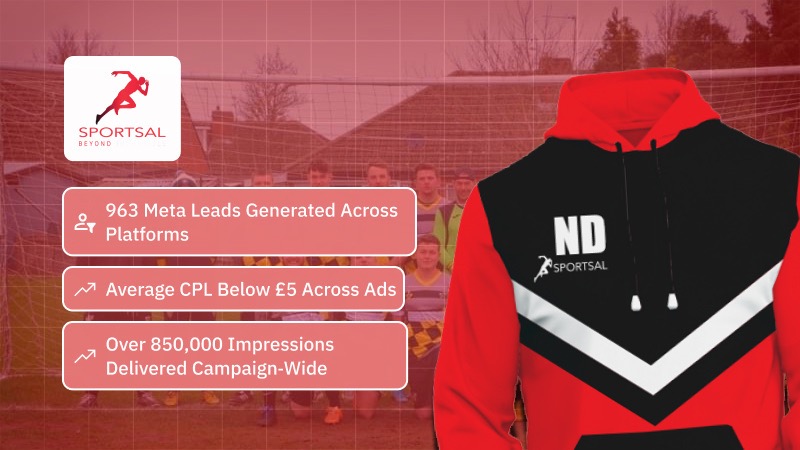Boost your site’s performance with Soudcoh—get started through Google Search Console today!

Google Search Console offers different access levels to manage and monitor website data. Understanding these roles is essential if you're working on someone else's site or managing several properties.
There are three main levels of access in Google Search Console: Owner, Full User, and Restricted User. Owners have complete control, including the ability to add or remove other users and adjust settings. Full Users can view all data and perform some actions, while Restricted Users have view-only access, offering a secure way to share information without giving full control. Each level serves distinct roles in website management, especially in team environments or agency settings.
For those seeking to use Google Search Console without owning a website, being granted access by a verified owner is the usual path. With Full User or Restricted User roles, you can access all relevant performance metrics, submit sitemaps, and monitor indexing issues, depending on the permissions. This setup is common for SEO specialists, marketers, or developers working with client websites.
It's important to communicate with the website owner to determine the best access level for your needs. While you won’t have ownership rights without site verification, read-only access can still provide valuable insights and data. With the appropriate access level, you can leverage Google Search Console effectively—even without your own domain.
Not every user of Google Search Console owns a website, and luckily, ownership isn’t strictly necessary to gain access. If you're working on behalf of someone else—like a digital marketer, SEO consultant, or content creator—you can still become a verified user through alternative means.
One of the most straightforward ways to access GSC without owning the site is by having the property owner verify the site first, and then adding you as a user. This method allows multiple people to review and manage Search Console data without needing to prove site ownership themselves. The owner simply assigns user roles from their dashboard, giving read-only or full permissions depending on your needs.
It’s important to distinguish between a "verified owner" and a "delegated user." Verified ownership gives full control including managing user access, while delegated access only allows interaction with the data that the owner has permitted. This is useful for agencies and collaborators who need insights without risking changes to core settings. Google's platform maintains strong boundaries to ensure only authorised individuals can make significant account changes.
Tools like Tag Manager or DNS record adjustments are not necessary when you're being added as a user by someone who’s already verified. This bypasses technical steps that might otherwise be intimidating or even impossible for someone working externally. So, while you can't claim ownership without control of the backend, collaborative access ensures you can still leverage the full power of Google's data insights.
Delegated access in Google Search Console offers a practical solution for users who don’t own a website but need to manage search data. Whether you're part of a marketing team, an SEO agency, or a freelance consultant, this method enables you to view and interact with site performance insights without needing direct ownership.
When a website owner wants to share search performance data with another individual, they can grant delegated access by adding them as a user in the Search Console. This allows the designated user to explore everything from clicks and impressions to indexing issues and keyword rankings. While full access levels are reserved for verified owners, delegated users often get enough functionality to carry out essential reporting and analysis tasks.
For businesses and agencies working with multiple clients, this access model streamlines workflows while maintaining data privacy and security. Instead of sharing login credentials or transferring ownership, webmasters can simply assign permissions to trusted users. This ensures that the right people can monitor and optimise performance without compromising the integrity of the verified site setup.
In the context of not owning a website yourself, delegated access becomes your entry point into Google Search Console’s valuable ecosystem. It allows participation in important conversations around SEO strategy, site health, and user engagement, making it possible to contribute effectively without needing to technically own the property. Whether you're handling audits or sharing regular reports, this option broadens the scope of who can use GSC meaningfully.
Analysing third-party website performance might seem counterintuitive when you don’t own the site. However, Google Search Console can still offer indirect insights when used creatively in conjunction with other tools and techniques.
While Search Console is primarily designed for website owners, you can analyse third-party content by reviewing how pages from external domains appear in search results. This can be done through manual search queries and by examining ranking patterns, featured snippets, or observed site structures. Looking at the type of content that performs well for specific keywords also offers valuable clues about a competitor’s SEO strategy and user engagement.
Pairing Search Console with freely available SEO tools—such as Google Trends, keyword planners, and browser extensions like MozBar—allows you to better gauge the domain authority, backlink profile, and indexing behaviour of third-party websites. These insights help identify what content resonates in your niche, what kind of metadata seems to be favoured, and how search algorithms are interpreting site relevance.
Additionally, tracking fluctuations in search engine results over time can shed light on how algorithm updates or content changes affect performance across multiple sites. By staying observant and analytical, it’s possible to reverse-engineer elements of third-party success without ever gaining backend access to their Search Console data.
Even if you don't own a website, there are smart ways to use Google Search Console to gain insights and provide value. Following a few best practices can ensure you're using the platform effectively and responsibly.
If you're working with a client’s website or managing SEO for an organisation, the first step is getting proper access. Rather than becoming a verified owner, request delegated access from the site’s owner through the Search Console's user management settings. This approach maintains security and provides the right level of access depending on your role—like full or restricted permissions.
Once access is granted, familiarise yourself with the data and tools most relevant to your goals. For SEO specialists or marketers, focus on performance reports, index coverage, and mobile usability. Set up email preferences to receive alerts about critical issues, but avoid changing settings or submitting sitemaps unless explicitly authorised. Always communicate any recommendations or findings with the site owner or team before taking action.
It’s also best practice to keep a log of changes you've made or insights you've gathered. This transparency not only builds trust with stakeholders but also provides a useful reference for tracking progress and identifying issues over time. By being respectful of the boundaries of non-ownership and using the available data to guide decisions, you’ll maximise the value you bring without overstepping your role.
Whether local or global, we help your brand rise in search.


